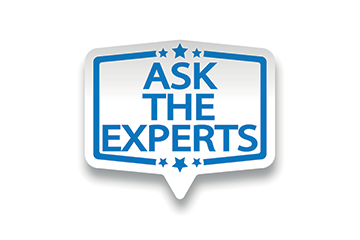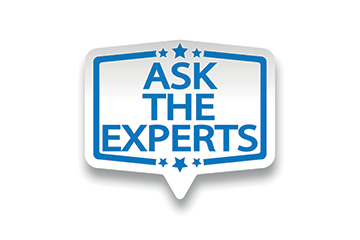
Home » Ask the Experts: FDA IND and nonIND Acceptance
Ask the Experts: FDA IND and nonIND Acceptance

July 19, 2021

The FDA’s Office of Good Clinical Practice responds to inquiries on a variety of trial-related subjects, providing answers on the agency’s official regulations as well as best practices. The following is a selection of questions and answers excerpted from the CenterWatch publication, GCP Questions, FDA Answers.
Question: Our sponsor has submitted an investigational new drug (IND) application to the FDA but has not received a response. What trial activities can our site conduct while we’re waiting?
Answer: If an IND is in effect, the sponsor can proceed with new protocols immediately after submitting them to FDA. It’s only the initial IND that requires the 30-day wait. Nothing can be done during the 30-day wait period. While the review divisions usually provide some type of acknowledgment that a study protocol has been received by FDA, there may not always be a letter to that effect. The IND process is a default system — no word from FDA means the sponsor can proceed with the trial. Having said that, there is one exception: for studies conducted under 21 CFR 50.24 (exception from informed consent for emergency research), the sponsor must wait for written acknowledgment from FDA before initiating the study. See 21 CFR 312. 20(c).
Also, if you are asking whether IRB approval of the protocol is necessary prior to submission of the IND, the answer is that IRB approval is needed before the study is initiated. If there are changes or amendments to the protocol as a result of IRB review, these need to be submitted to the IND as amendments.
FDA’s interpretation is that recruitment, obtaining informed consent and screening subjects for a specific study that is subject to an IND is considered the beginning of the clinical investigation and such activities cannot be performed until an IND is in effect (30 days after FDA receives the IND, or earlier if the sponsor is so notified by FDA). Recruiting subjects, obtaining informed consent and screening subjects for a specific IND study prior to the IND being in effect is not in compliance with the FDA regulations.
NonIND Sponsor-Investigator Study Guidance
Question: We conduct numerous investigator-initiated nonIND studies at our site. Are there any guidances on nonIND studies? Should the local site keep the same type of lab documentation we keep for IND studies, such as copies of the medical director’s CV and documentation of the lab sample collection?
Answer: Please see the guidance on studies not conducted under an IND. It talks about foreign studies, although the information in the document might apply to you (see the FDA’s guidance on acceptance of foreign clinical studies not conducted under an IND). Please also see FDA regulations at CFR 312.120.
There is no FDA requirement that study sites outside of the U.S. operate under a U.S. IND. FDA regulations (21 CFR Parts 312.120 and 314.106) provide criteria for acceptance of nonU.S., nonIND studies/data for purposes of FDA review in support of applications. The decision to operate under an IND at nonU.S. sites is therefore discretionary on the part of the study sponsor.
However, should a sponsor make the decision that nonU.S. studies/sites are operating under a U.S. IND, then all FDA IND regulatory requirements must be met. This includes the submission of the Form 1572 – Statement of Investigator with its investigator certification that U.S. IND requirements are understood and will be met.
On the other hand, a sponsor may decide and indicate that a study’s nonU.S. sites are not operating under a U.S. IND. In this case, elements of IND regulations (beyond provisions for FDA’s acceptance of nonU.S., nonIND studies/data under 312.120/314.106) are not FDA-enforceable requirements per se. That is, there is no FDA regulatory requirement for completion of a 1572 when a sponsor has designated the nonU.S. study or sites as nonIND (although a sponsor may still request completion of the 1572 as part of an internal scope of practice (SOP). FDA expects SOPs to be followed.
The distinction then is whether the sponsor has chosen/committed to operate its nonU.S. sites under U.S. IND regulations (in which case, the 1572 and all IND requirements must be met at nonU.S. sites) or as nonIND (in which case the FDA regulatory requirement for a 1572 does not apply).
Additionally, ordinarily when an investigator initiates his or her own trial, FDA considers them to be a “sponsor-investigator.” This term is defined in the regulations at 21 CFR 312.3 (b) as follows:
“Sponsor-Investigator means an individual who both initiates and conducts an investigation, and under whose immediate direction the investigational drug is administered or dispensed. The term does not include any person other than an individual. The requirements applicable to a sponsor-investigator under this part include both those applicable to an investigator and a sponsor.”
As you can see from the above definition, the sponsor-investigator is not exempt from any of the requirements of the regulations governing either sponsors or investigators if the study is conducted under an IND.
Upcoming Events
-
21Oct




